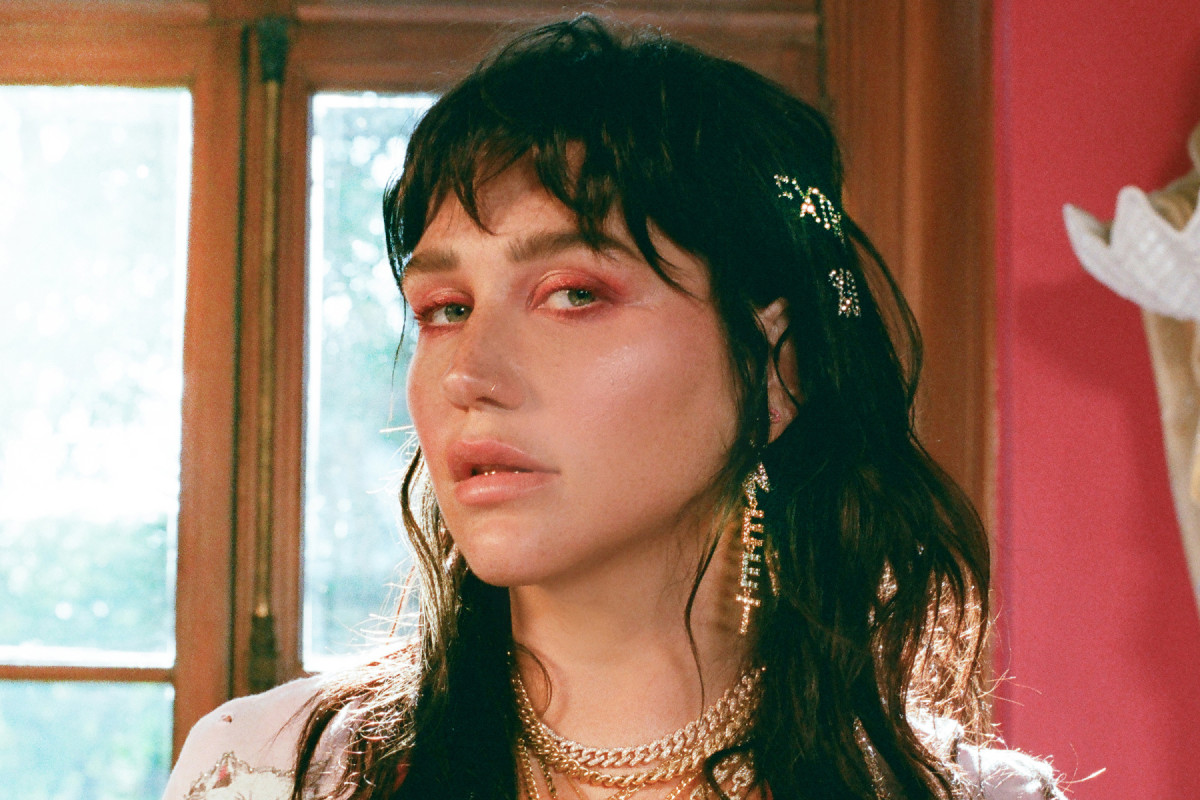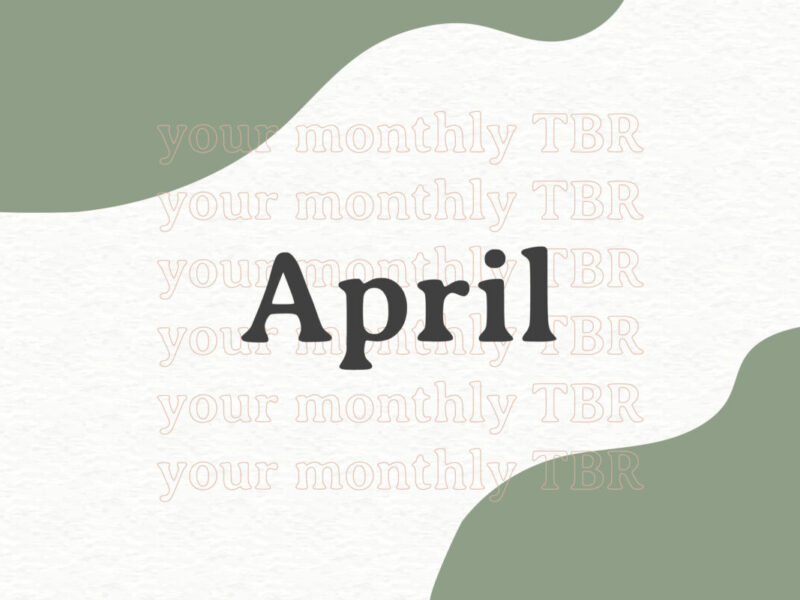Trigger warning: This article discusses a poem about sexual assault.
How have you been celebrating Women’s History Month so far? If I had to guess, I’d say your March has been full of feminist anthems and films that pass the Bechdel test. Pop culture’s ever-growing role in our society means that music, movies, and books increasingly stand out as a way to see ourselves reflected and to celebrate these identities.
From the push for complex female representation to the pop culture critiques in women-run publications like Bitch Media, it’s clear that feminist activists have a lot to say about celebrities. In particular, female celebrities teach us lessons about how society views women, shifting beauty standards, how women can reclaim power, and more. These poems about fierce and famous women show us both where feminism has been and how it can progress.
“Bettie Page and the Wisdom of Old Age” by Anne Champion
Champion explores pin-up legend Bettie Page as both woman and metaphor, chronicling Page’s career as an entry point to larger issues like beauty culture, female pain, and society’s consumption of women. Page’s story shows the generational impact of these complicated problems. In the voice of Page, Champion writes, “I know / girls are trying to recreate me; / I’ve seen them in the magazines, backlit / by men’s craving. I know the ways / they thinned to the bone, like all good girls / must.”
In addition to delving into the societal connection between female beauty and female morality— a dynamic that unfortunately still persists today—Champion’s poem expands to challenge violence against women. “They need us so they want to see us / bound and gagged. They love us / so much they have to kill us,” Champion writes, exemplifying a theme that continues today in horror movies and in the many shows where rape acts as a plot point.
Despite its acknowledgment of real-world tragedies, the poem also contains an undercurrent of resistance: “Young Betties, turn your wrists / to the lens, reveal the map / of your blue veins, stun / with your arterial thumping, defy / the shame that wants you tamed.”
“If It Starts Raining While I Am Outside” (excerpted from a series of poems about Miley Cyrus) by Talin Tahajian
Cyrus’s trajectory could serve as a gender studies class textbook: the sexualization of child stars, the societal reaction to queerness, the vilification of female sexuality, and more than a few accusations of cultural appropriation. In Tahajian’s three poems about Cyrus, she digs into the impossible expectations that entangle female celebrities.
In “If It Starts Raining While I Am Outside,” Tahajian personifies Cyrus, revealing, “I will hold a teacup over my head / & hope for the best. There isn’t much you can do / about nature. Not much you can change / unless you want to ruin something.” In mentioning “nature,” Tahajian evokes how much of the world is still against women, and the message behind “ruin something” also rings clear: Women cannot simply exist in the current patriarchal system to create change, but must overthrow it entirely.
A common criticism of women in pop culture is that they are “too much.” Tahajian counters this through Cyrus: “I am a lot / like a signpost in the rain, but sturdier / & human. I have only ever been / human. That is something that everyone has to remember / about everyone else.” The poem reminds us of the fallibility of celebrities, encouraging us to approach their scandals with compassion.
“Beyoncé is Sorry for What She Won’t Feel” by Morgan Parker
Parker has written a whole collection about Beyoncé, titled There Are More Beautiful Things Than Beyoncé, which has been called “an altar to the complexities of black American womanhood.” In the book, Parker worships and cries out to her idea of God—a black woman. The poems contain both sadness and joy, celebrating the full arc of black female identities.
Following this duality, the poem first serves as a testament to Beyoncé’s power: “The Capital’s so icy, I see my / perfect breath. It looks like a body / on its knees. Most days I strut / my figure on lock. A Nation / of Weaves assembles at my / Jimmy Choos, gazes into green light / and falls asleep. First Lady of Desire, I pant for our future.”
Yet the poem also analyzes how Beyoncé’s audience has commoditized and simplified her identity: “I mouth Free and Home into a crowd / but they only hear gold extensions.” However, overall, the poem celebrates Beyoncé as part of a strong lineage and ends with her holding on to her individuality. “I listen for prophecies / from my daughter’s sticky mouth,” Parker writes. “While I pick her hair, she cries. / I say, Never give them / what they want, when they want it.”
“Kesha and I Beat the Shit Out of My Rapist” by E.J. Shoenborn
Kesha’s story about experiencing sexual violence—and facing retaliation when she spoke out—mirrors traumas that many of us know too well. In the same vein, her ability to strike back with chart-topping songs and continued courage serves as a guidepost.
Shoenborn harnesses this bravery to step fully into their own. “So Kesha takes out a glitter cannon and launches a full shot right in my rapist’s face,” they imagine. “Or Kesha and I both slam stilettos into his throat until he repeats after us / no. stop. Please.”
Shoenborn empowers survivors through this vigilante justice fantasy, yet also acknowledges that justice cannot fully heal trauma. Rather, they seem to argue that trauma is just a little easier to face when standing with someone else, whether that’s a friend or an outspoken celebrity figure. “Or Kesha and I beat the shit out of my rapist / and her rapist, and we line up all the rapists we’ve ever known / and take turns with a crowbar. / We know this won’t make us feel better, / but dear god, do we feel better.”
Bonus: Write a poem about your favorite female celebrity and what she represents to you. For an extra challenge, consider writing about a female celebrity you dislike—where does the root of this dislike come from, and how could you reexamine it?
Feature image from The Rolling Stone, Dana Trippe.




